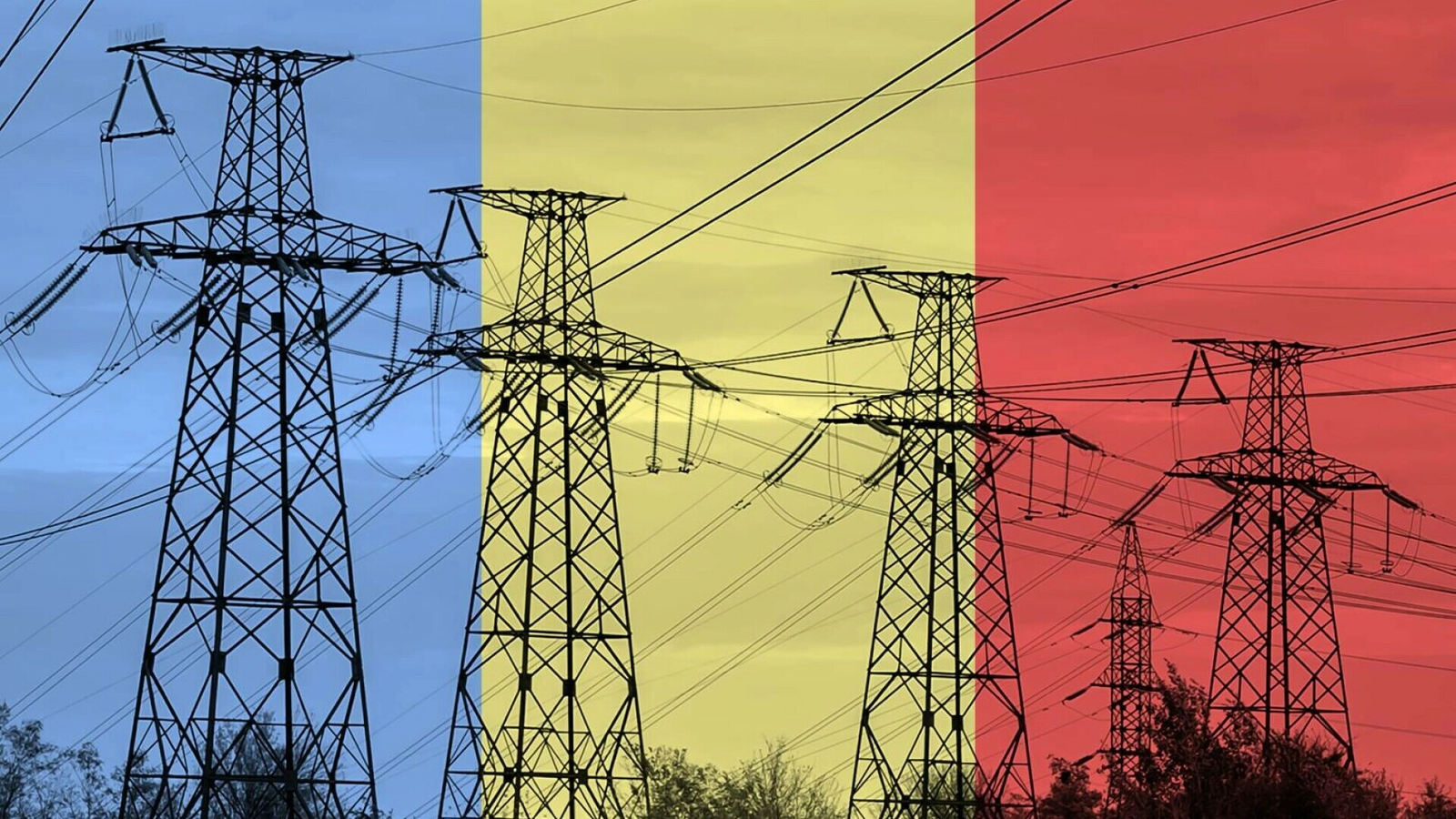Instead of investing in storage, Romania is paying dearly for the incompetence, lack of transparency and obscure interests in the energy balancing market, representatives of Romania's Prosumers and Energy Communities Association (APCE) argue in a release on Tuesday.
According to APCE, in recent months, increasingly more voices from the institutional area and among energy suppliers "have launched direct accusations against prosumers over the so-called energy imbalances", but the APCE considers this is just "an unacceptable way of diverting public attention from the true causes of system imbalances", stressing that "Romania is paying dearly for the incompetence, lack of transparency and obscure interests in the balancing market, instead of investing in storage."
Imbalances in the energy system occur when there's a mismatch in a producer, consumer or supplier's declaration and what they really do, thus destabilizing the network, APCE notes, and goes on to say that if less is produced or consumption exceeds the forecast, a negative imbalance is created.
"If you produce too much or consume too little, you create a positive imbalance. In both situations, it's the system that pays the price - and it's not a small one. The costs are huge and are paid on the balancing market managed by Transelectrica. Who stands to gain from imbalances? Transelectrica in the first place, and Hidroelectrica is the 'shadow king' of the balancing market due to its enormous flexibility (it can very fast turn on/off capacities) and charges very high amounts for balancing services. Then come the gas-fired power plants. (...) The imbalance is the direct effect of carelessness, lack of commitment, professionalism and general chaos in the system," the document states, stressing also that problems arise when the costs of imbalances are propagated in the chain: the supplier transfers them to the final customers or tries to cover them from the profit, causing the customers' energy bill to rise.
"The costs of imbalances are not transparent. Suppliers charge them in bills, and customers pay without knowing exactly for what. Suppliers in Romania are unwilling to inform us clearly and transparently about their cost and in the public space they only threaten both prosumers and consumers. The value of imbalances can vary significantly, and in periods of high volatility (e.g. winter, low winds, unpredictable photovoltaic production), costs can reach RON 800-1,000 per MWh for negative imbalances. According to Hidroelectrica, imbalances can represent up to 5% of a consumer's bill. Other suppliers talk about a cost of RON 0.0185 per KWh. What are other countries doing that we are not? Germany, France or the Nordic countries have created digital ecosystems around balancing: AI software for forecasting, active aggregators, storage batteries, incentives for flexible consumption. Romania is just at the phase of testing pilot concepts and does not provide the real digital infrastructure," the document also states.
APCE representatives claim that the information published by transmission and power system operator Transelectrica "is so technical and complicated that you need 2-3 faculties to understand it", and accuse it of doing this on purpose.
On the other hand, the National Energy Regulatory Authority (ANRE) has a conservative way of regulating, penalizing imbalances without encouraging flexibility solutions.
According to the association, the Romanian prosumers' output can be forecasted with high-performance software, some of which is free, but there is no one to do it.
"Romania won't be able to become a modern energy market as long as imbalances are treated as a fault and a burden, and the free markt remains just a slogan on paper. As long as the Energy Ministry, ANRE and Transelectrica are not even capable of copying the Western European functional models, a natural question arises: are we talking about gross incompetence, obscure interests in the balancing market or simply bad will? APCE is firmly demanding that, from now on, suppliers and authorities stop blaming prosumers. We will no longer accept being the scapegoats for the failures of an unbalanced, outdated energy system that lacks modern legislation," the document concludes.
































Comentează